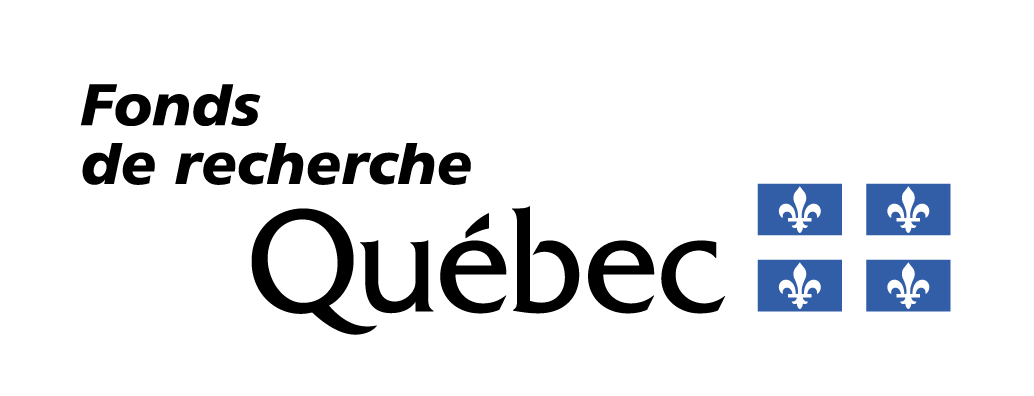- Eco-efficiency
- Economic feasibility
- Energy
- Industrial ecology
- Optimization
Description
Bécancour’s industrial park and port are home to 11 industrial enterprises and more than 15 service companies. Collectively, they use a number of energy sources for their industrial processes and heating. Some also generate energy locally as a main product or co-product. It is possible to decarbonize this energy consumption through various circular economy strategies, including process optimization and the local reuse of waste heat, as well as the establishment of local energy co-product exchanges and joint infrastructures for co-product sharing.
Rooted in industrial ecology, the strategy involves the identification and implementation of industrial synergies within a park, territory or region to spark a culture of industrial by-product recovery, collaboration and resource sharing within industrial symbioses. The technical and economic analysis and eventual optimization of the options to implement the opportunities require a more comprehensive view of the networking possibilities for local stakeholders and a more local perspective to ensure stakeholders’ long-term participation. In the case of industrial synergies involving pooling or joint investments, the participation of all stakeholders is required.
The overarching objective is two-fold. The first is scientific and relates to the development of a mixed integer linear programming model to optimize the opportunities for synergies and industrial networking within an industrial park. The second is practical and relates to the realization of a technical and economic study of the opportunities to decarbonize the energy sources used in Bécancour’s industrial park and port.
Affiliated research axes
Axis 2: Planning Optimization
2.1 – Support the development and use of tools to analyze and monitor the circular economy2.4 – Plan and optimize the production of products and delivery of services in the context of the circular economy
